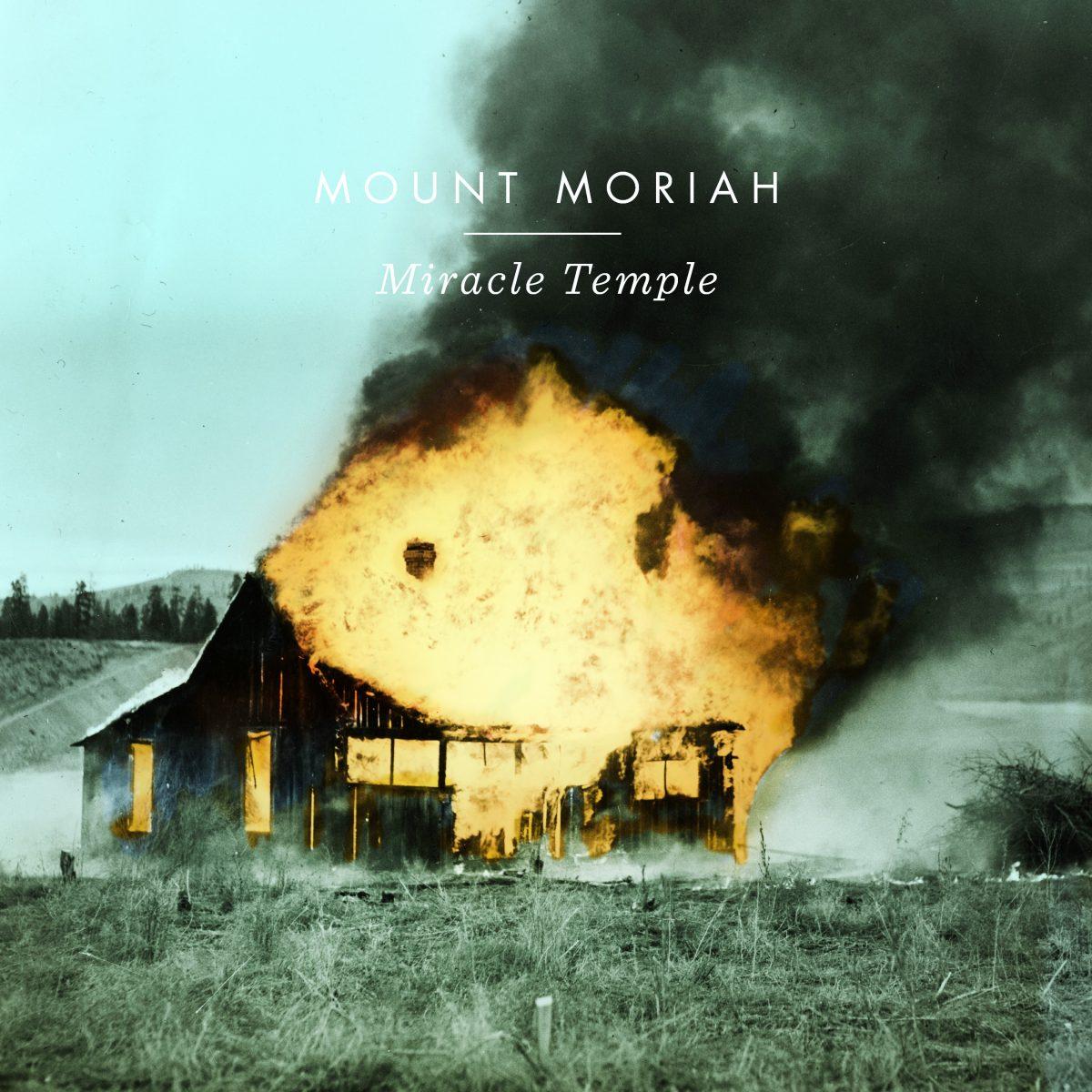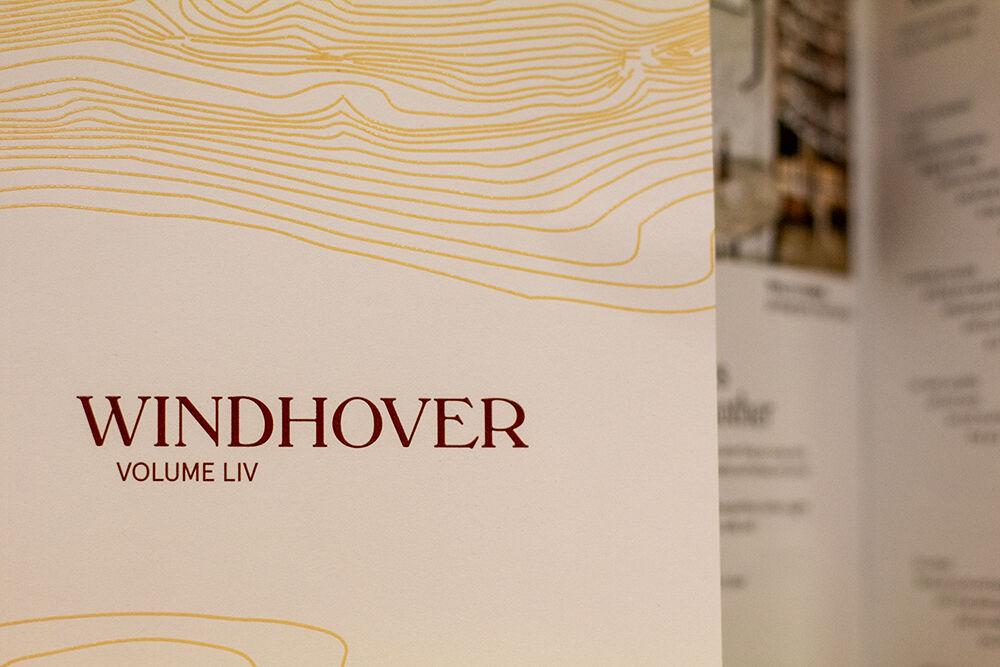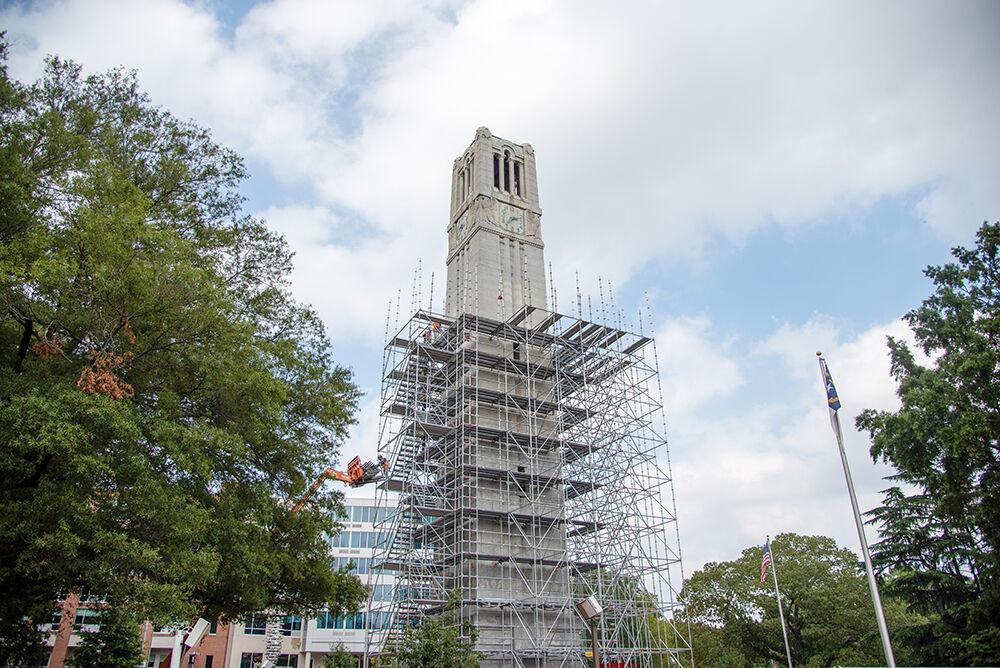Miracle Temple Review
3.5 out of 5 stars
As my friends and I stood among the crowd at Berkeley Cafe in 2011, we fell in love with Heather McEntire. Her voice ― comparable only to Dolly Parton ― sailed above Mount Moriah’s swooning guitars and a simple drum kit to create a mesmerizing performance comprised of its debut material.
Miracle Temple is the melancholy follow-up to Durham-based Mount Moriah’s debut self-titled album. Although the band’s sound hasn’t drastically altered, it sounds like a timid version of a group that capsized folk-listeners two years ago.
A successful sophomore album carefully balances itself between maintaining a band’s original sound and telling a compelling new story. Mount Moriah tried to do both, but ended up doing not much of either.
“White Sands” and “Rosemary” are the most powerful songs on the album and display the round electric guitar that seemed to define the band as much as McEntire’s shining voice. These songs match the power of the band I saw at Hopscotch in 2011, but remain exceptions in Miracle Temple.
The album stays around the same tempo and volume and fails to delve beyond a high-pitched guitar, vocals and the occasional faintness of a slide guitar, all of which sound muted.
The true irony lies in the fact that the album has a certain dullness to it, which could have been avoided during production with Merge Records. It may go to show that self-production (as in Mount Moriah’s self-titled album) isn’t always a bad thing.
The music does not do the cover photograph of a burning barn justice, as it is at times unexciting and, unlike fire, tame.
The album thematically deals with youth and the future as well as life in the changing South.
For example, in “Swannanoa,” McEntire sings, “When we were children/nothing yet determined/we were empty chapters.” It is a kind of yearning that runs through everyone’s minds, the thought of being a child again because of how difficult adult life can be.
The stories tend to play a different, mature role in songs, almost telling a story in third person, which would have been out of character in Mount Moriah, which appeared as a first-person narrative.
The lyrics are meaningful and poetic and, although it isn’t necessarily profound literature, the album tells a story, which is more than redeeming for a folk outfit.
Miracle Temple fell short of my expectations, but to be fair, those expectations were high. The album is homogenous and seamless, which ends up being one of its downfalls. It is so well-produced and over-thought that the final product feels too safe.














